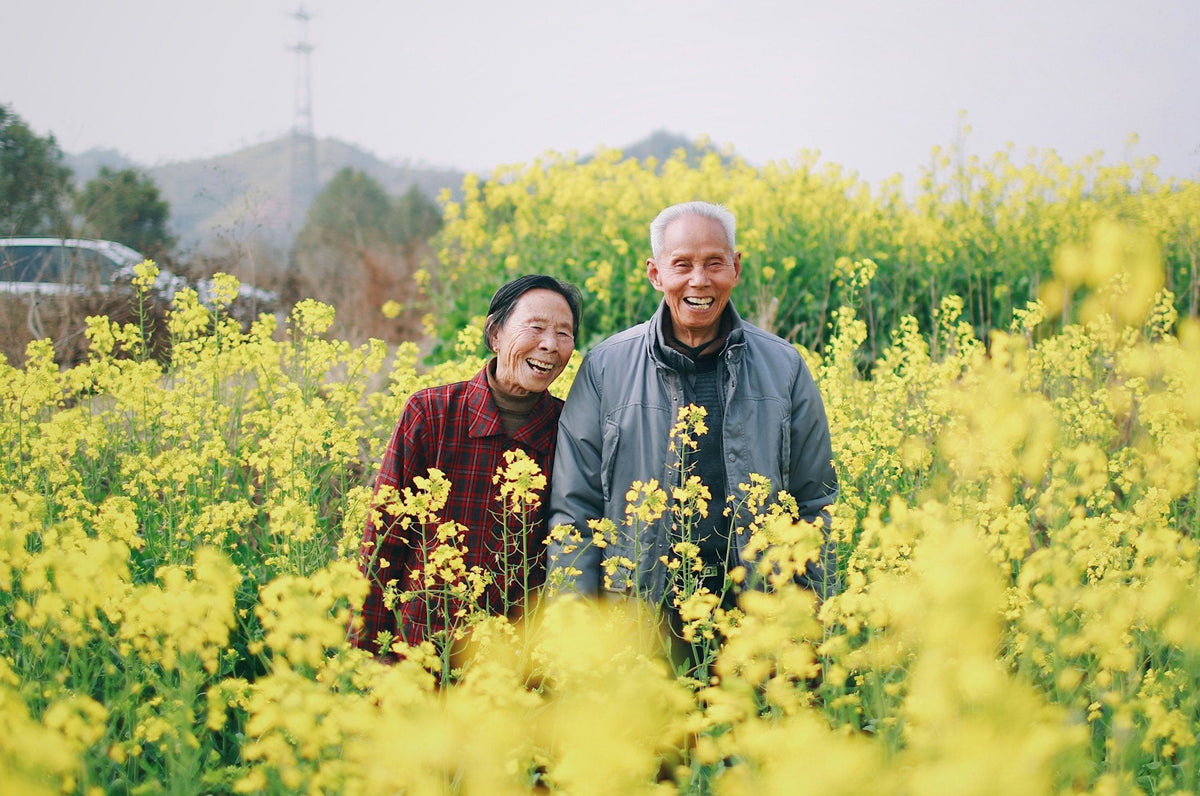
Peter Attia on Resveratrol: Unpacking Health Claims
|
|
Time to read 2 min
|
|
Time to read 2 min
Dr. Peter Attia is one of the most respected voices in longevity science, known for his methodical, no-nonsense approach to healthspan optimisation.
Resveratrol — a polyphenol found in red grapes, berries, and peanuts — has been a long-standing part of the longevity conversation. And while some view it as overhyped, Peter Attia’s analysis offers a more grounded view: promising, but far from conclusive.
Here’s what Attia has actually said about resveratrol — and how you can explore similar benefits with For Youth’s high-purity formulation.
Resveratrol is a polyphenolic antioxidant linked to:
Activating sirtuins , longevity-related genes
Mimicking caloric restriction (which slows ageing in animals)
Reducing oxidative stress and inflammation
Supporting cardiovascular health
Potential benefits for metabolic health , gut health , and brain function
It’s also been explored as a possible anti-cancer , anti-diabetes , and anti-ageing compound.
Most promising evidence comes from animal studies
Human trials remain inconclusive
Dosage, bioavailability, and individual response are crucial factors
More large-scale clinical trials are needed before making strong claims
Resveratrol may be helpful — but it’s not a magic bullet
He sees it as one potential tool among many — worth exploring, but not a substitute for fundamentals like sleep, exercise, and metabolic health.
The Grape – Resveratrol delivers:
99% pure trans-resveratrol , the most bioactive form
Extracted from Japanese knotweed (Hu Zhang)
Designed for optimal antioxidant support and longevity activation
3rd-party tested and bottled in Singapore
This aligns with Attia’s focus on purity, evidence, and effectiveness — making it a smart, science-backed way to explore the compound’s potential.
Even with cautious optimism, resveratrol offers a range of potential benefits:
🧬 Sirtuin activation (longevity genes)
❤️ Heart health support
🧠 Neuroprotection and reduced cognitive decline
🔥 Inflammation modulation
⚖️ Metabolic support (blood sugar, insulin sensitivity)
Its effects are most pronounced when paired with NAD+ precursors like NMN or NR — which fuel the same pathways resveratrol activates.
💡 Consider stacking The Grape – Resveratrol with:
Resveratrol is generally well-tolerated at moderate doses, but potential risks include:
Interference with blood clotting (caution if on anticoagulants)
Possible oestrogen-like effects in sensitive individuals
Mild digestive issues like nausea or diarrhoea at high doses
As always, consult a healthcare provider — especially if you’re on medication or managing a chronic condition.
Peter Attia recommends:
Starting with low doses
Paying attention to timing (often taken with meals)
Monitoring personal response over time
Stacking resveratrol with exercise, good sleep, and clean nutrition — not using it as a shortcut
The Grape – Resveratrol is easy to integrate into your morning or evening stack — especially when combined with NMN or NR.
If you’re building a longevity stack that’s inspired by experts but grounded in evidence , The Grape is an ideal place to start.
Combine it with NMN or NR. Stack it with good habits. And treat it as a tool — not a miracle.